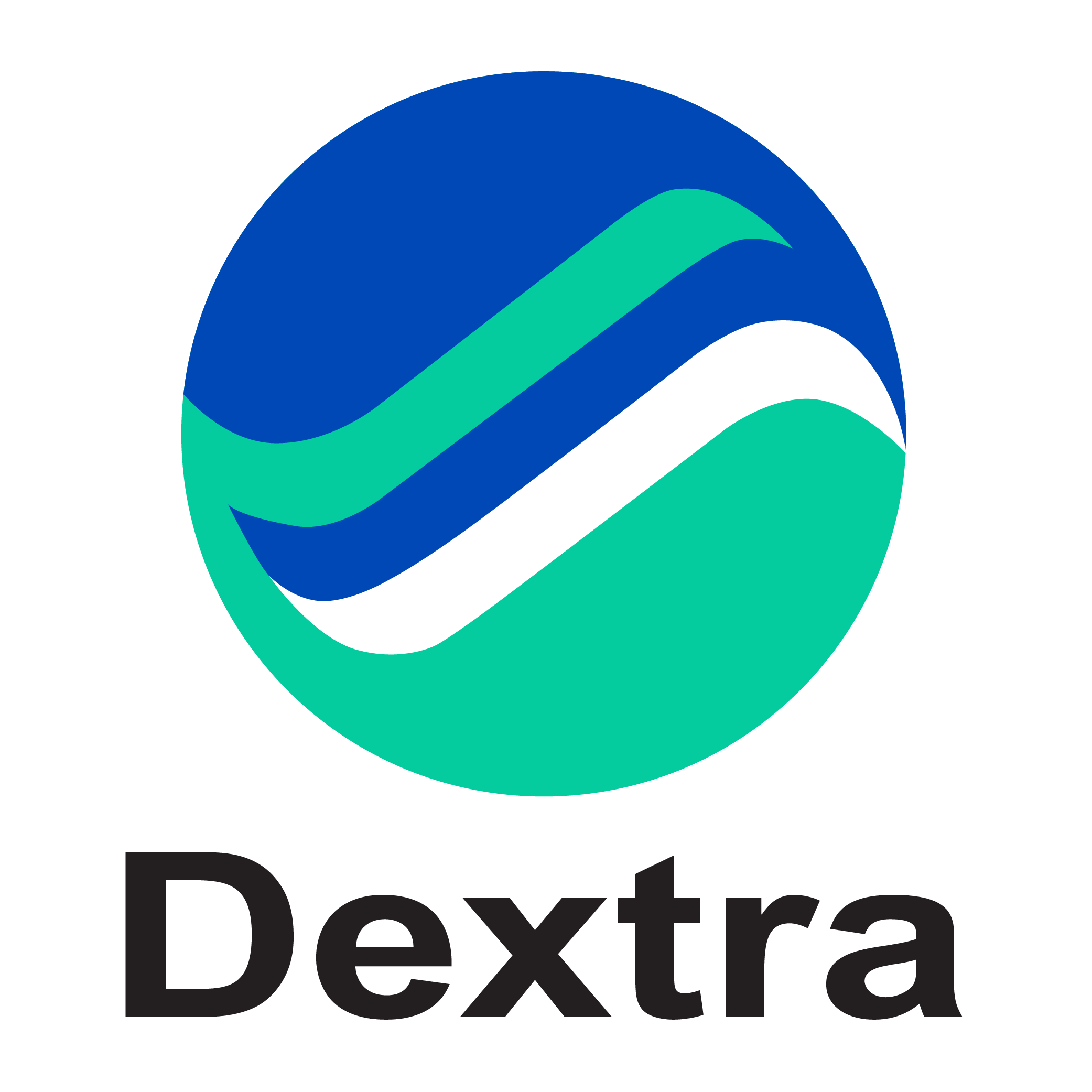High Speed 2 (HS2), United Kingdom
The UK’s ambitious High Speed 2 (HS2) project, encompassing 140 miles of track, four state-of-the-art stations, two depots, 32 miles of tunnel, and 130 bridges, is set to redefine sustainable travel and foster economic regeneration for generations to come. Dextra is proud to play a vital role in this transformative endeavor by supplying Griptec couplers to various HS2 sites, ensuring the structural integrity and resilience of this extensive rail infrastructure.
Picture: Victoria Road Crossover Box Site
Our Griptec couplers, known for their high-performance rebar connections, have been deployed across numerous key sites, including the Long Itchington Wood Tunnel, Old Oak Common Station, Victoria Road Crossover Box, Colne Valley Viaduct, Chiltern Tunnel and Ventilation Shafts, Thame Valley Viaduct, Curzon Street Viaducts, Edgcote Viaduct, Canterbury Road Works Headhouse and Ventilation Shaft, and many more. The couplers have been integral in connecting rebars for primary collars, piers, base slabs, crown beams, buttresses, and deck segments, ensuring robust and reliable structural connections.
Picture: Chiltern Tunnel and Ventilation Shafts Site
Spotlight on Long Itchington Wood Tunnel: A Legacy of Environmental Responsibility
One of the largest construction sites for HS2 is at Long Itchington Wood, where a 1-mile twin bore tunnel is being built. The tunnel serves a critical purpose: preserving the ancient woodland of Long Itchington by diverting the railway underground. To facilitate the launch of the tunnel boring machine (TBM), a massive excavation at the north portal site was necessary. This involved the removal of approximately 250,000 cubic meters of material, which was then repurposed to form environmental embankments along the mainline.
Dextra supplied nearly 20,000 Griptec standard and position couplers in diameters ranging from 12mm to 40mm for the tunnel construction. These couplers were used in the diaphragm walls, pile caps, and portals, ensuring the durability of connections in the deep and challenging excavation environment. The Griptec system, comprising one male and one female sleeve extruded onto the rebar, facilitated efficient and secure rebar connections that are essential for large-scale projects like HS2.
O Griptec female sleeves were initially installed at the top of the diaphragm wall. Position assembly—a technique that accommodates non-rotatable rebars—was employed to connect the female sleeves to male sleeves on L-shaped bars within the roof slab. This reinforcement approach was extended to pile caps and later stages of construction, where the couplers reinforced the crown beam by connecting with bent bars through lap length.
Picture: Long Itchington Wood Tunnel Site
Empowering Infrastructure with Technological Innovation
As HS2 progresses, Dextra’s Griptec couplers continue to enable rapid and reliable rebar connections, supporting the project’s commitment to quality, safety, and sustainability. By contributing advanced construction solutions, we are proud to be part of HS2’s legacy of environmentally responsible travel, economic regeneration, and technological innovation. Our role in HS2 reflects Dextra’s dedication to advancing infrastructure through high-performance products that meet the needs of complex and large-scale projects.
The High Speed 2 project is poised to transform the UK’s transportation landscape, and with Dextra’s Griptec couplers in place, the rail network is set to endure and thrive for generations to come.













